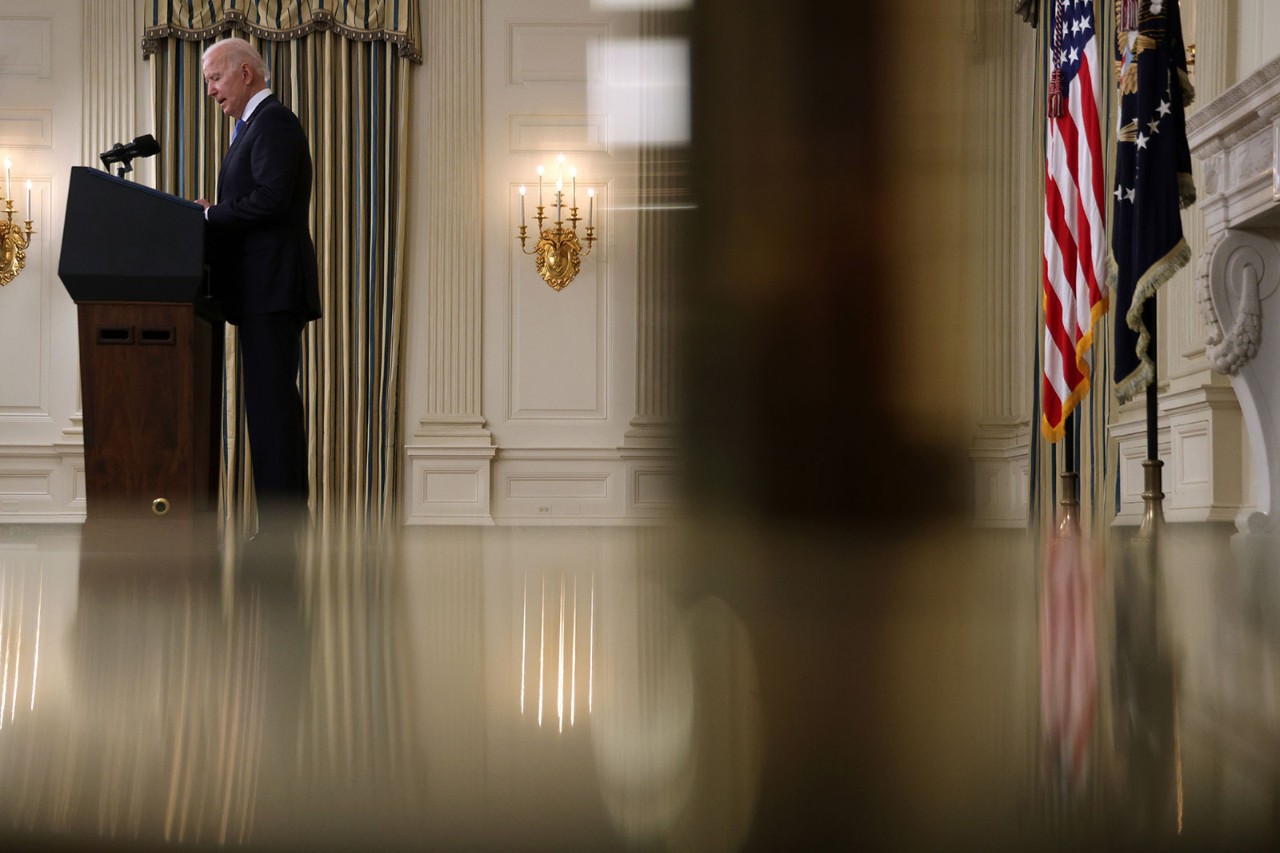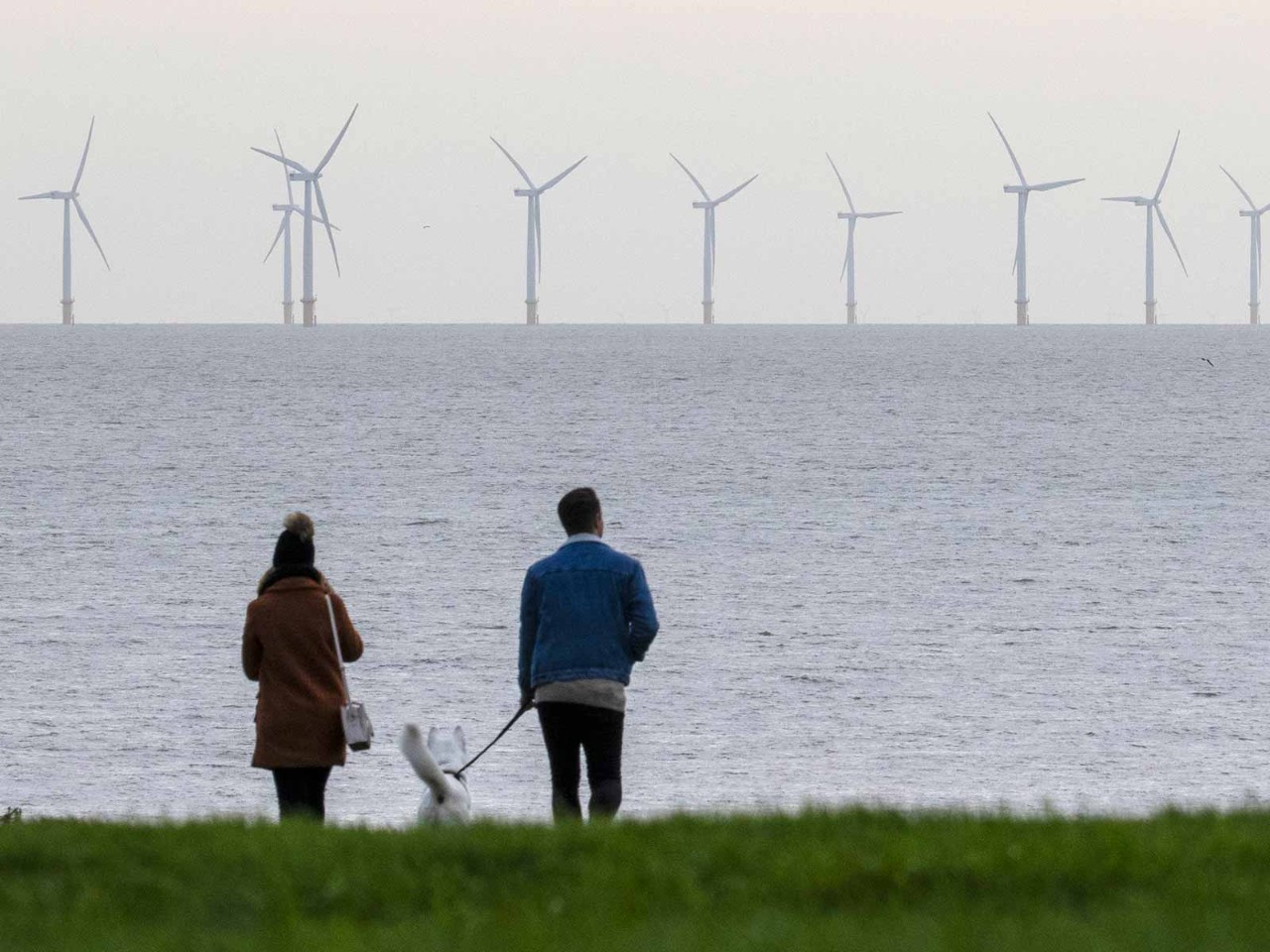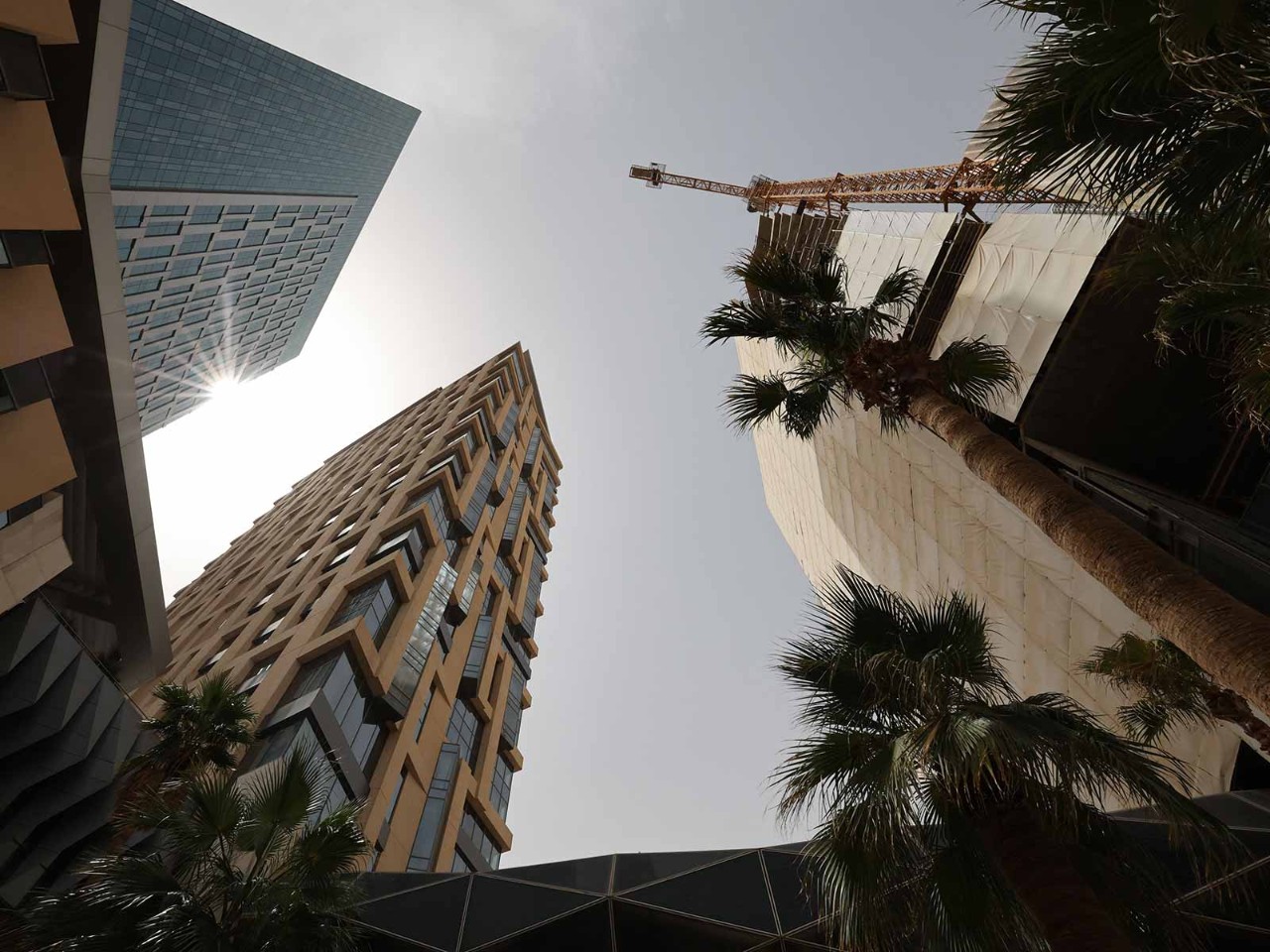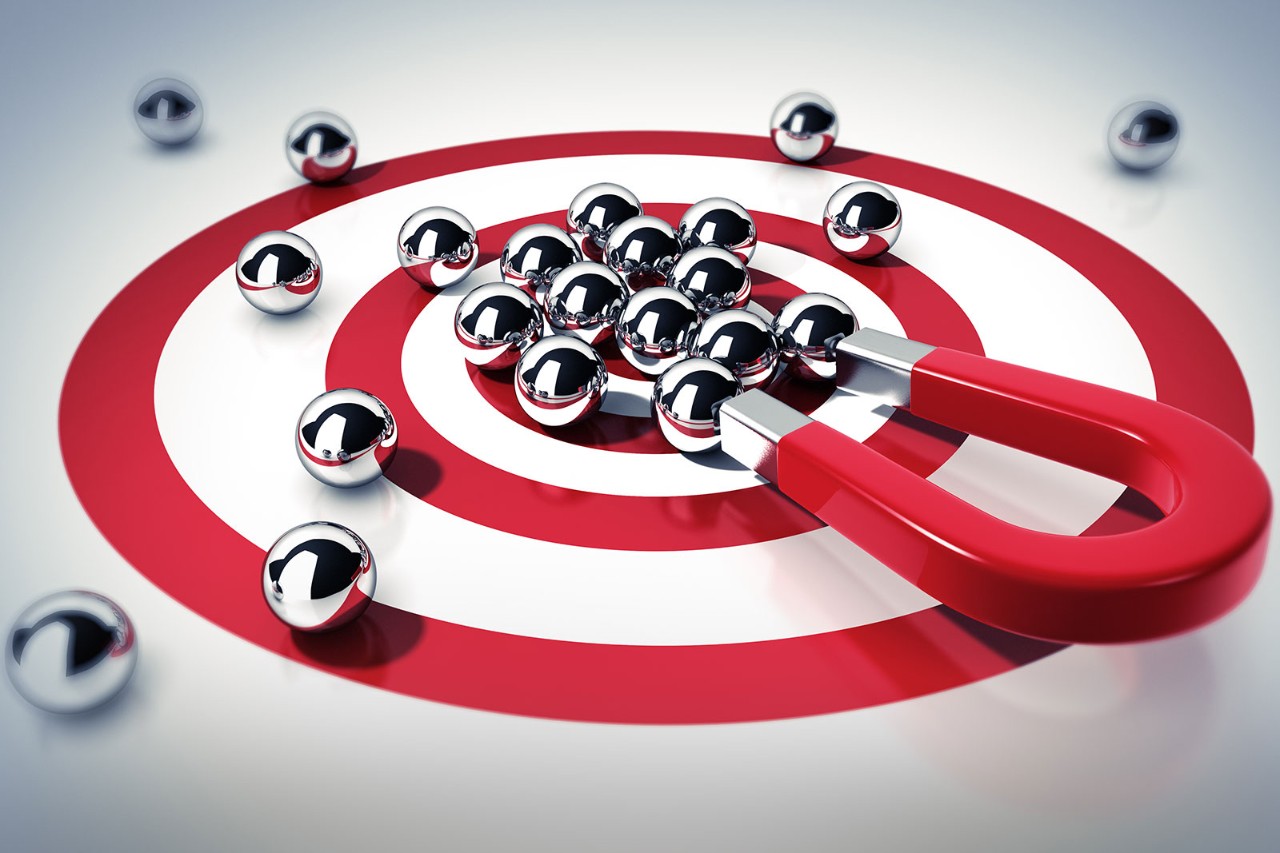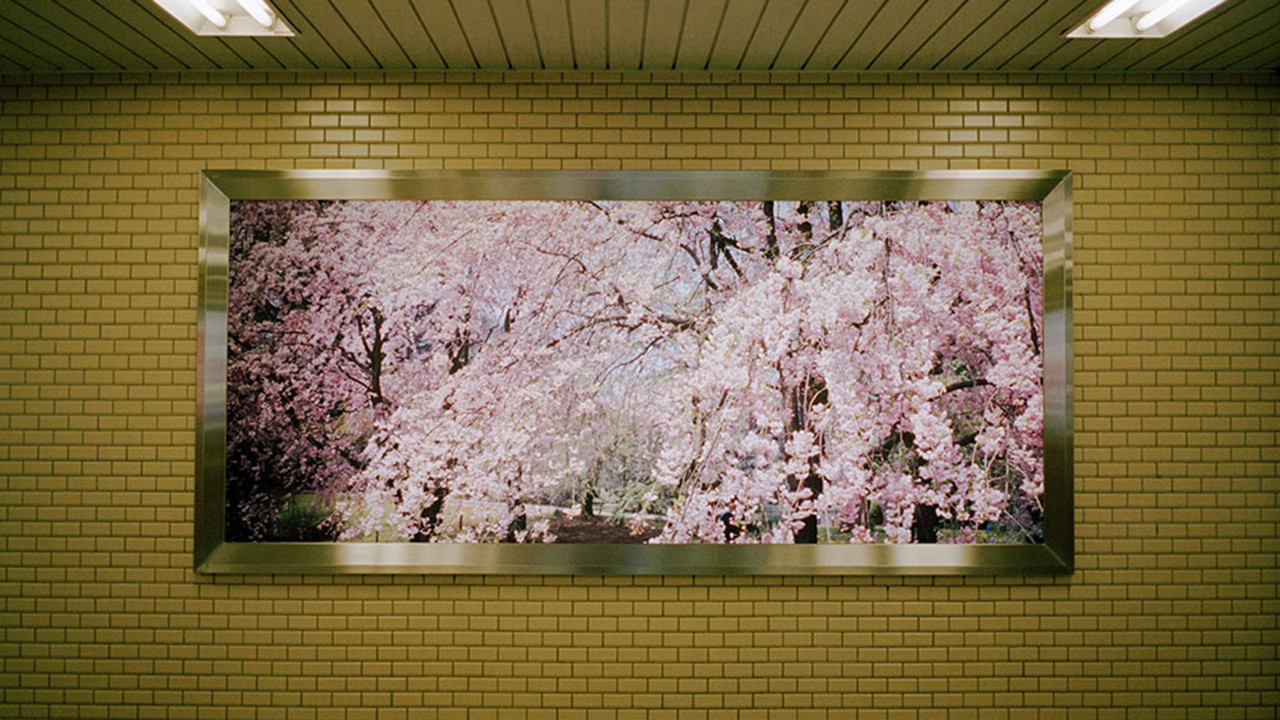
As the world wakes up to the urgency of dealing with climate change, Dr Rebecca Huntley, an Australian social researcher and expert on social trends, is at the forefront of helping to change attitudes among both organisations and individuals.
A member of Al Gore’s Climate Reality Corps, Huntley is the author of How to Talk About Climate Change in a Way That Makes a Difference, and was previously a research director at Ipsos and a director of the Mind and Mood Report, which measures Australia’s attitudes and trends. She advises NGOs such as The Wilderness Society and WWF, and writes and presents for the Australian Broadcasting Corporation.
Here, Huntley talks to AB about why climate education requires a creative approach.
Planes are grounded and people have been driving less over the past 12 months, yet experts say that there has been little change in emissions. What else needs to be done?
RH Something like a global pandemic does not point the way to how we reduce emissions. It needs massive structural, technological, political and policy change around how we generate energy, not me not driving to work five days a week.
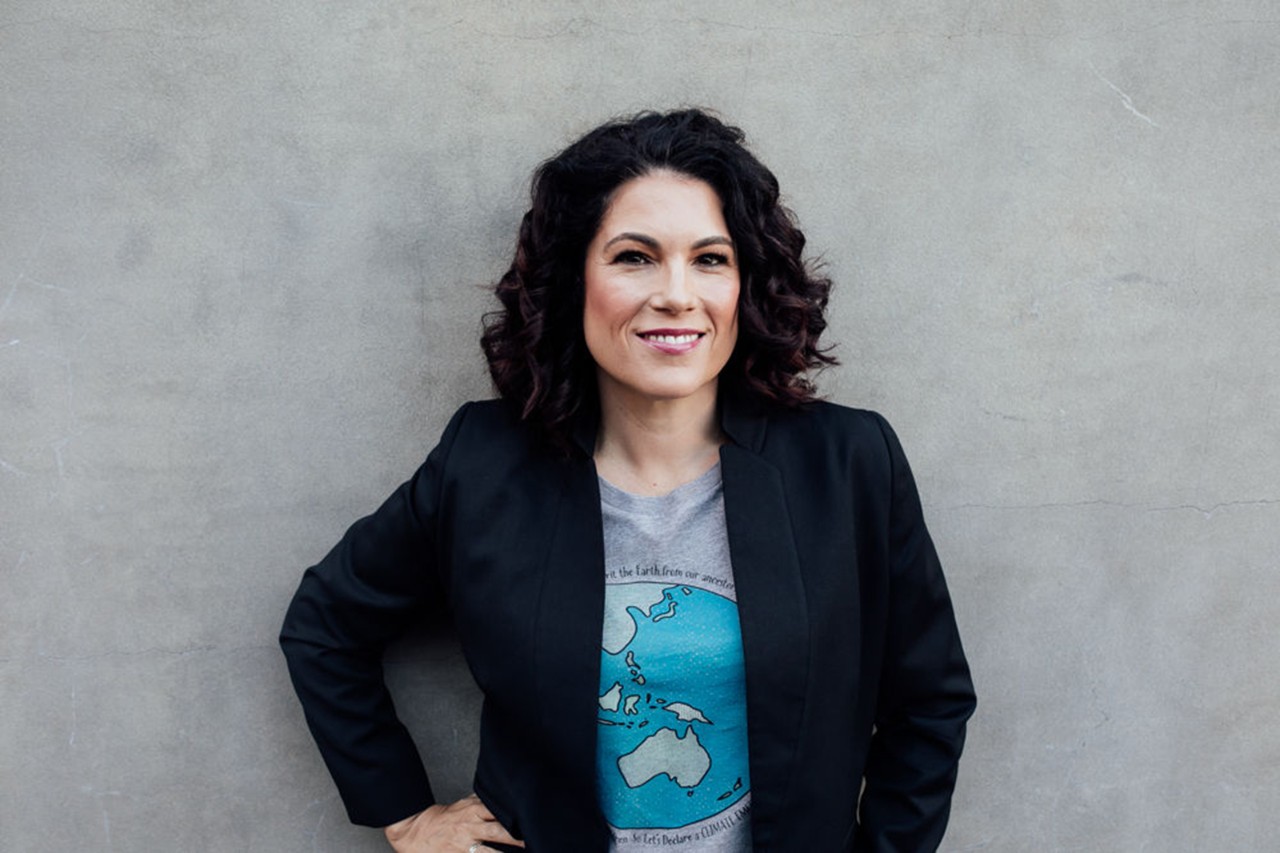
‘To engage people, we have to understand their emotional responses to climate change’
Are you optimistic about the future?
RH I have optimism when investment management corporation BlackRock says it doesn’t see a future in fossil fuels and is going to change the way it makes decisions. The trickle-down effect of that in the investment community is enormous.
I’m excited when the leaders of the insurance industry say they’ve done the numbers on climate risk and what that means for insuring buildings, for insuring infrastructure, for even being able to insure houses and small businesses in areas affected by climate change, and that they need to change their business models.
Your research found that only 1% of Australians under 25 think climate change is not real. Does this show real progress?
RH Australia has been a laggard and one of the more recalcitrant nations in relation to things like a price on carbon, or taking renewable energy investment seriously. And while we’ve still got lots of problems, I can see it changing quite dramatically.
I’m as optimistic and excited about the corporate world making climate commitments as I am when I see millions of young people go out into the streets in the climate strike. We know there is a demographic wave and a significant percentage of them think it’s the biggest issue for their future job security. Combined momentum is how you start to see change.
You recently carried out focus groups around collective action. What do people want?
RH They want innovative ways to show that they’re worried. For example, one group had the idea that on one day everybody under the age of 35 would switch their superfund [employer pension contributions] away from fossil fuels.
Collective action has to look different. One of the most recent successes in Australia has been around stopping drilling for oil and gas in the Great Australian Bight, a critically important marine environment that’s also loved by surfers. The campaign engaged the Australian surfing community to explain that if you muck up this environment, you muck up surfing.
‘Ask people what they think and then respond with empathy, openness and identify opportunities to continue to talk’
The campaign to prevent coal-seam gas in parts of Australia actively engaged farmers as well as environmental activists. Farmers are usually quite conservative on this question, but they’re now worried about how coal-seam gas is going to impact water quality and supply.
We’re finding new and different campaign techniques and strategies that fit different problems. That’s the way to go: the days of wearing a ribbon and signing a petition are over.
Why do you think a more emotional rather than scientific approach might work?
RH Human beings are very good at avoiding reality, particularly if they don’t feel they have the tools to deal with the problem. Understanding how to communicate a realistic role for people to play, illustrating that it’s worth doing, is the challenge.
This is why you have to understand the emotional response. I’m not saying that we shouldn’t tell people about the science; I’m saying that if you think telling people about the science is going to solve our communication and policy problems, then you’re missing something. To engage people, we have to understand their contexts, their mindsets, their priorities, and their emotional responses to climate change.
Didn’t US President Joe Biden’s election campaign messaging follow a similar thesis?
RH Biden kept saying ‘I look at climate change, I see jobs, I see opportunity’, and it seemed very simple. But there’s absolutely no doubt there were enormous amounts of research behind that messaging to understand what would motivate voters who don’t question the science but question the value of solutions. He didn’t talk about trees. He didn’t talk about emissions. He didn’t talk about the Paris Accord. It was jobs, jobs, jobs.
In Australia, depending on the audience, I talk about clean water, clean soils, clean air – for you, your family and your kids – and the food that you like to eat, and the businesses that you like to run, whether it be tourism or the things you like to do on the weekend.
‘Starting a conversation that doesn’t end in finger-pointing is an extraordinary achievement’
In other parts of Australia, it’s that climate change equals jobs or climate change means you’re not going to have to pay big electricity prices for the next 20 or 30 years.
Your latest book looks at bridging the polarised stances people take. How do you have a level-headed chat about climate change?
RH Firstly, do not to be afraid to raise the issue, but do so tentatively. The most important thing is to ask people what they think and then respond with empathy, openness and identify opportunities to continue to talk. Have little stories to tell about great things that are happening. I like the one that IKEA is fitting solar panels at its huge stores and allowing electric vehicles to charge while people shop.
Secondly, people might attack the science or the politics of climate change, but it’s quite hard for them to attack your own personal climate story. I love the Australian Bush. The Australian koala is genuinely under threat. There is a real possibility that my children and my grandchildren will only be able to see a koala in a zoo and not in the Australian wild.
I come from two farming families – one from North Queensland and one from South Australia – and farming in an overheating environment is going to be incredibly difficult. I love Australian cuisine and I want our farmers to be able to produce all the food we can for local consumption and export into the future.
I’ve grown up with test cricket, which will be harder to play in 400 degrees. I don’t want to watch test cricket in the winter. So the things that I love are under threat by an increasingly volatile and hot climate.
I’m making it sound simple. It’s not. But honestly, starting a conversation that doesn’t end in abuse and finger-pointing is itself an extraordinary achievement in an environment in which that has characterised the nature of engagement.
